Through the lens of science, we build with simplicity.

Through the lens of science, we build with simplicity.
UNIVERSITIES 2 UNIVERSITIES
OF R&D 4 YEARS OF R&D
RESEARCHERS 37 RESEARCHERS
PUBLICATIONS 1000+ PUBLICATIONS
OF RESEARCH 9.000+ HOURS OF RESEARCH
Deep dive into our approach
Problem-solving is fundamental to human nature, as it is essential for our ability to thrive. Science plays a critical role in problem-solving, providing a systematic and evidence-based approach to understanding and explaining the natural world around us.
Our scientific methods are based on observation and identification of a problem through data collection. We analyze the problem and use literature research and randomised controlled trials to evaluate potential nutrients that address a specific issue.
The literature used had to meet the following requirements: studies performed on humans, English or Dutch studies, peer-reviewed articles, (systematic) reviews, meta-analyses, clinical trials, safety, and randomized controlled trials (RCTs).
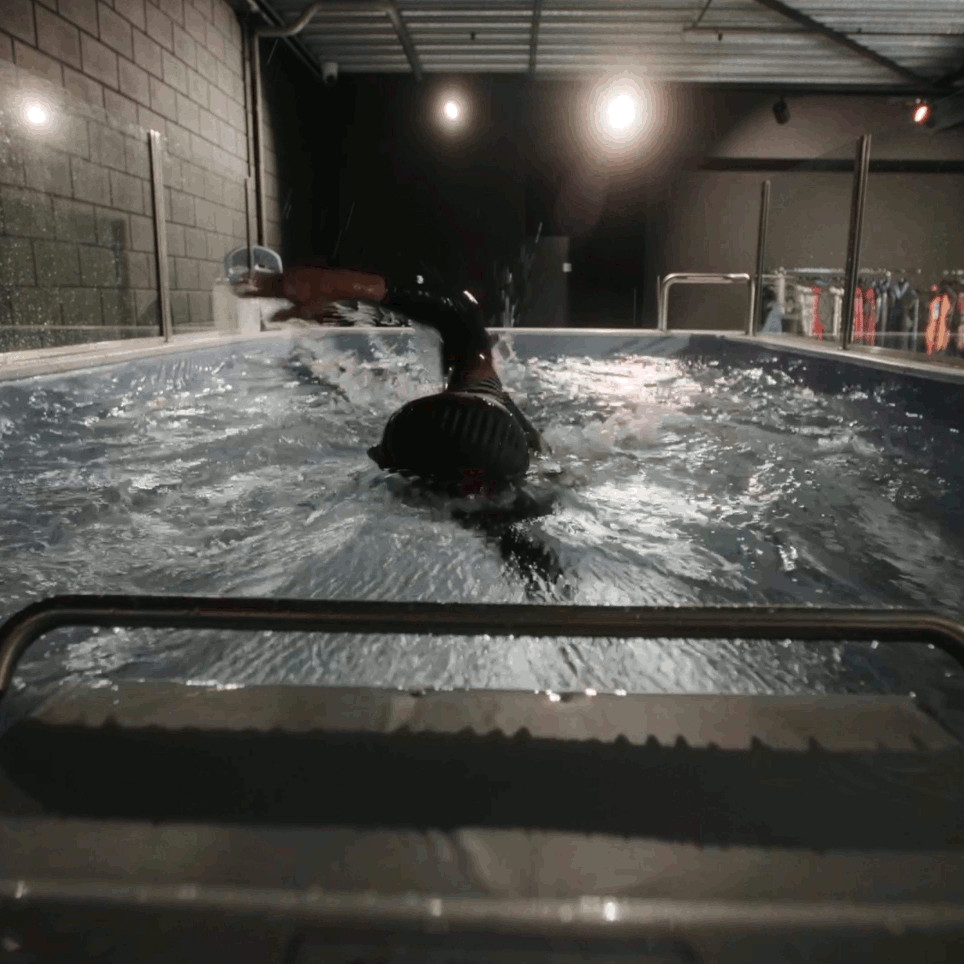
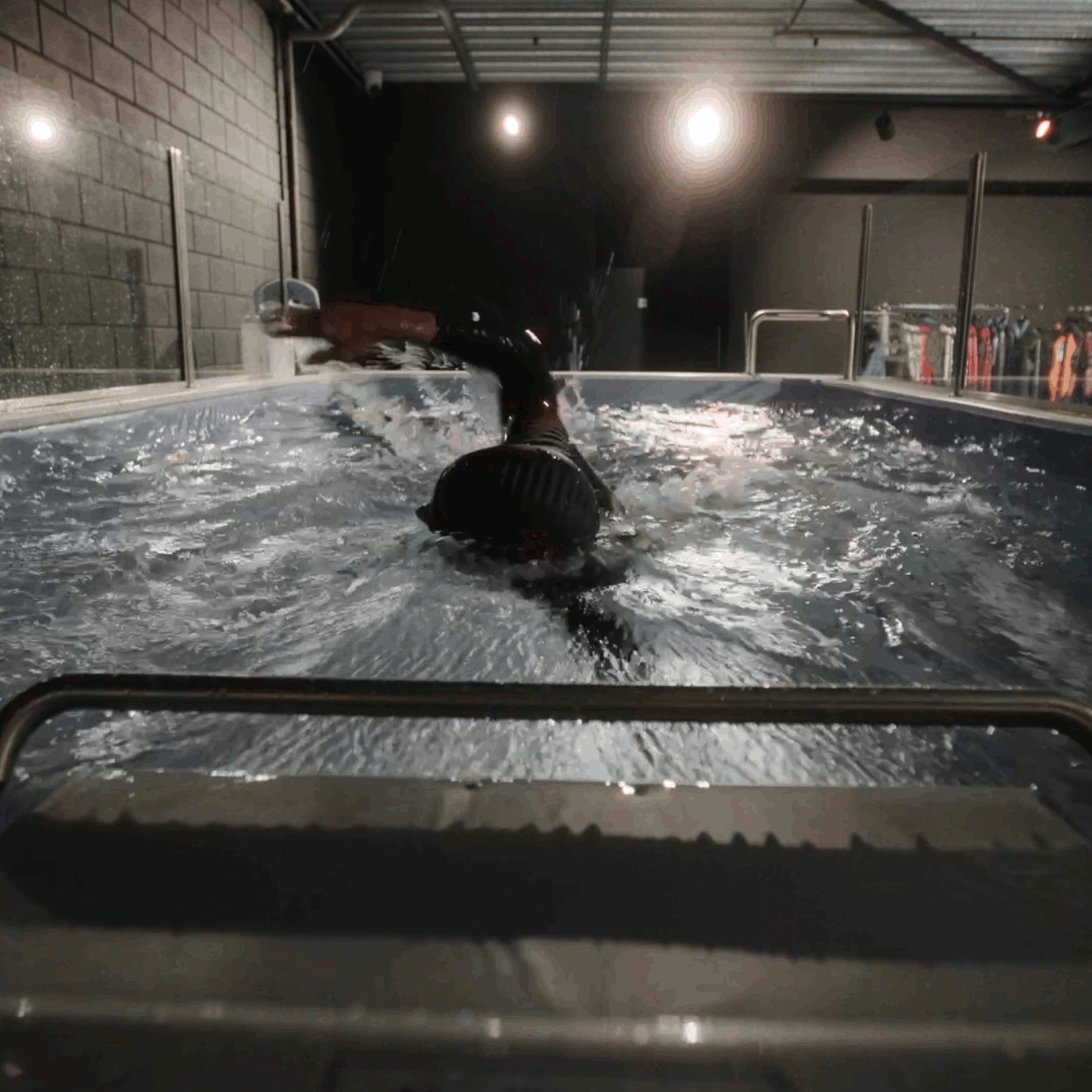
01 Before
Pre-activity preparation starts with understanding what the body requires at the outset of intense effort. Our research examined how various nutrients are discussed in scientific literature in relation to training demands. We studied:
- The nutritional context and needs of athletes prior to physical activity.
- How identified ingredients are used and combined in pre-activity protocols.
- The usability and safety profiles of selected ingredients based on published data.
02 During
Training at intensity requires structure, especially during prolonged or event-based efforts. Our research explored how athletes fuel and hydrate during exercise, and how this relates to consistency and usability. We examined:
- The eating habits, product use, and supplement strategies athletes report during activity.
- The pharmacokinetic and pharmacodynamic properties of select nutrients.
- Reported experiences around product usability and digestive comfort.
03 After
Post-session intake is a critical moment in any training or racing routine. Our research focused on how different nutrient groups are discussed in scientific literature related to the nutritional demands that follow physical exertion. We explored:
- How various ingredients are described in relation to post-activity nutrition.
- Literature on training-related stress and nutritional context.
- The roles and interactions of nutrients commonly used in post-session intake strategies.
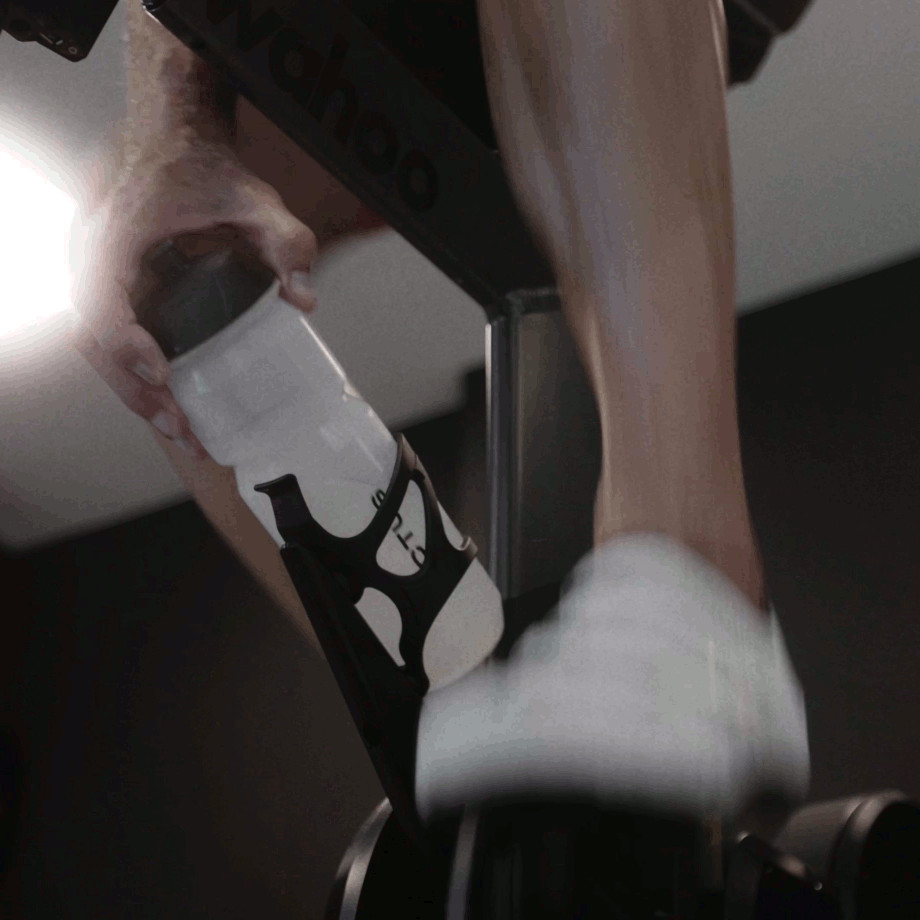
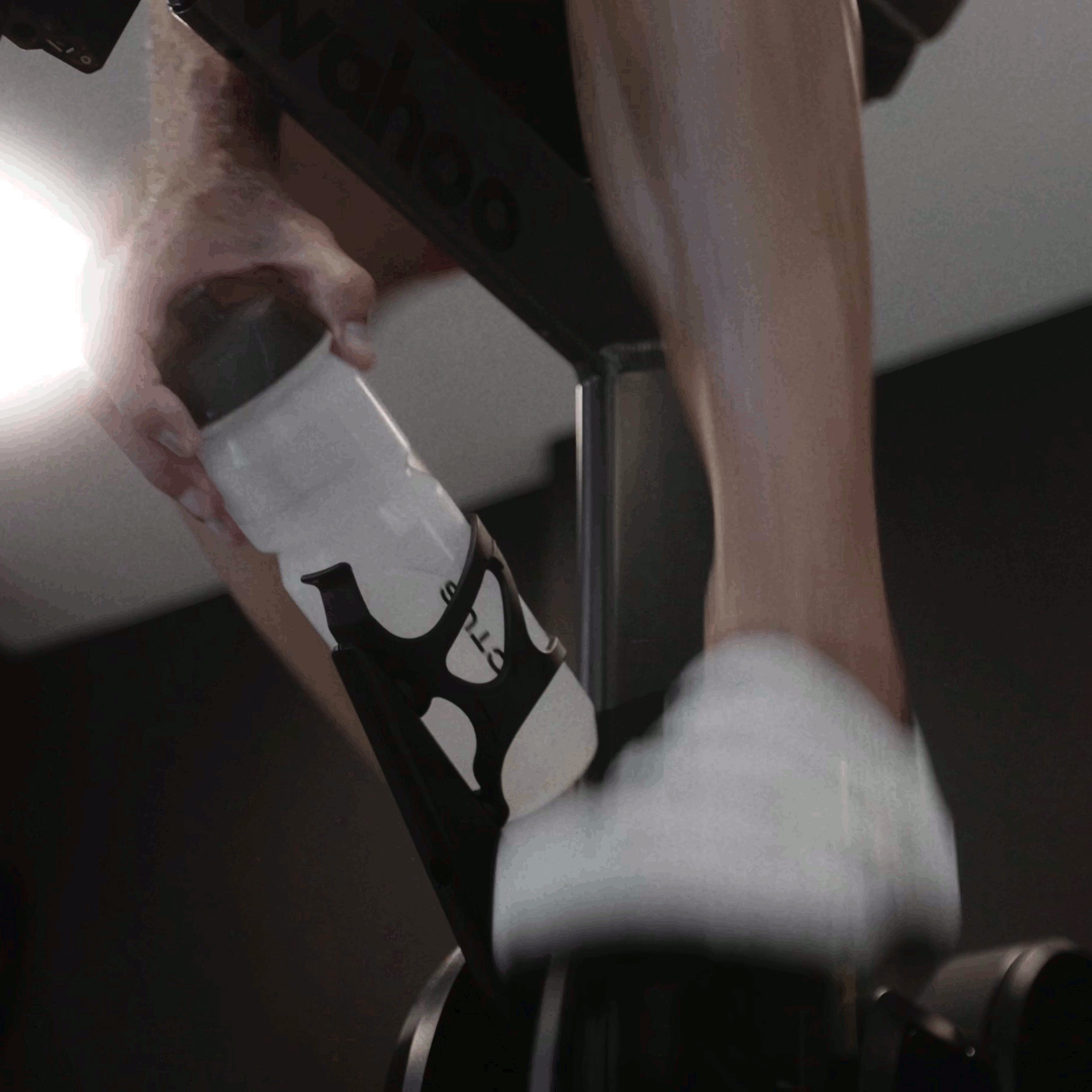
01 Before: use 30 min. before your training or race.
02 During: depending on duration and intensity, take one unit per hour (45 g), or two (90 g). Trained athletes may use up to three.
03 After: use within 30 minutes after activity, regardless of intensity or duration.
Publications
Showing 1 to 20 of 1128 Publications
Trusted by elite athletes
Matthijs Büchli
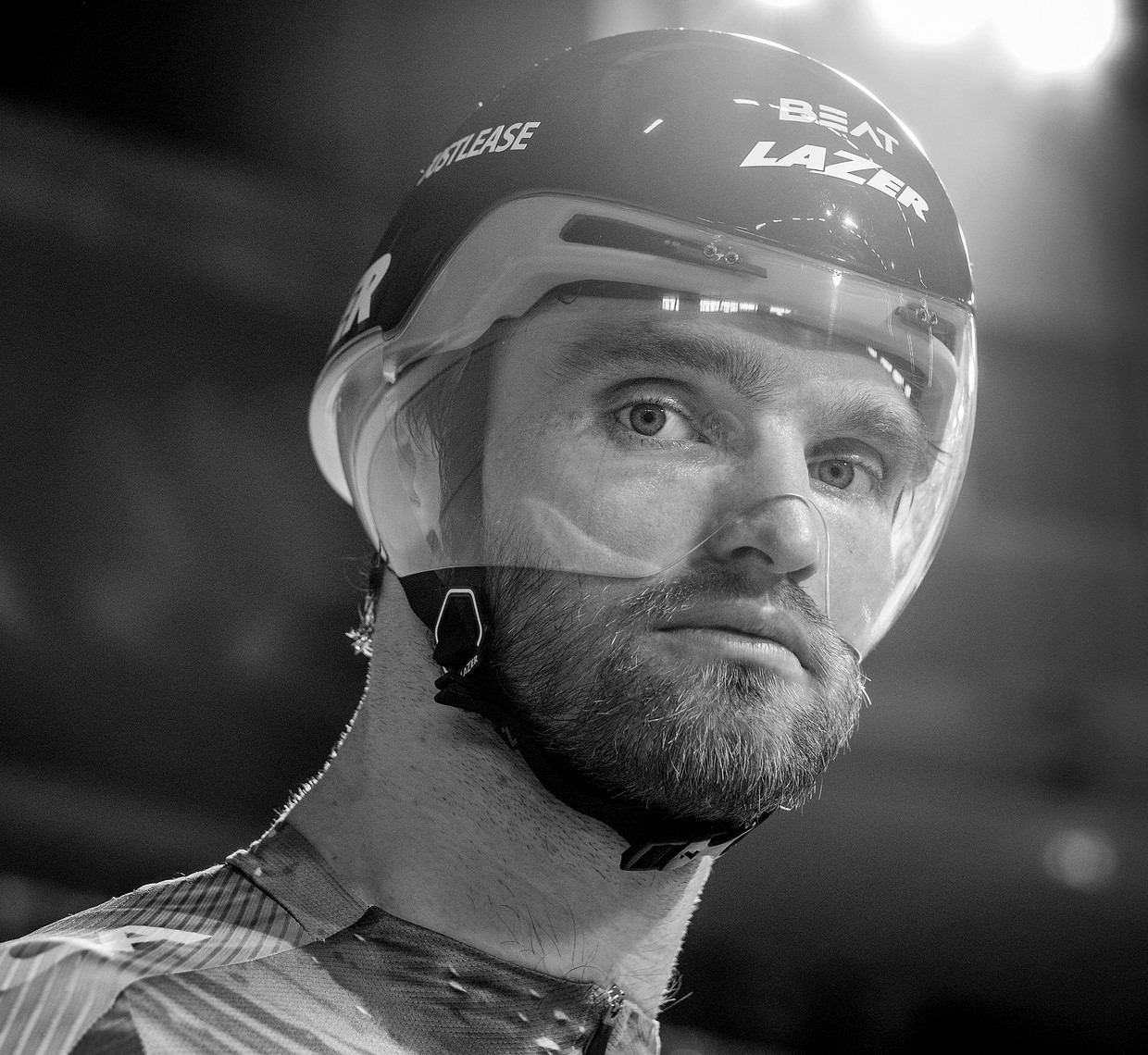
Matthijs Büchli is a Dutch road and track cyclist, who currently rides for UCI Track Team BEAT Cycling. He became world champion in the keirin at the 2018 UCI Track Cycling World Championships. In 2016, Büchli won the silver medal in the men's keirin at the Olympic Games in Rio de Janeiro, despite experiencing a severe knee injury only five months before the Olympic Games. Büchli was also a part of the team that won the gold medal at the 2020 Summer Olympics in the team sprint event.
Bas Diederen
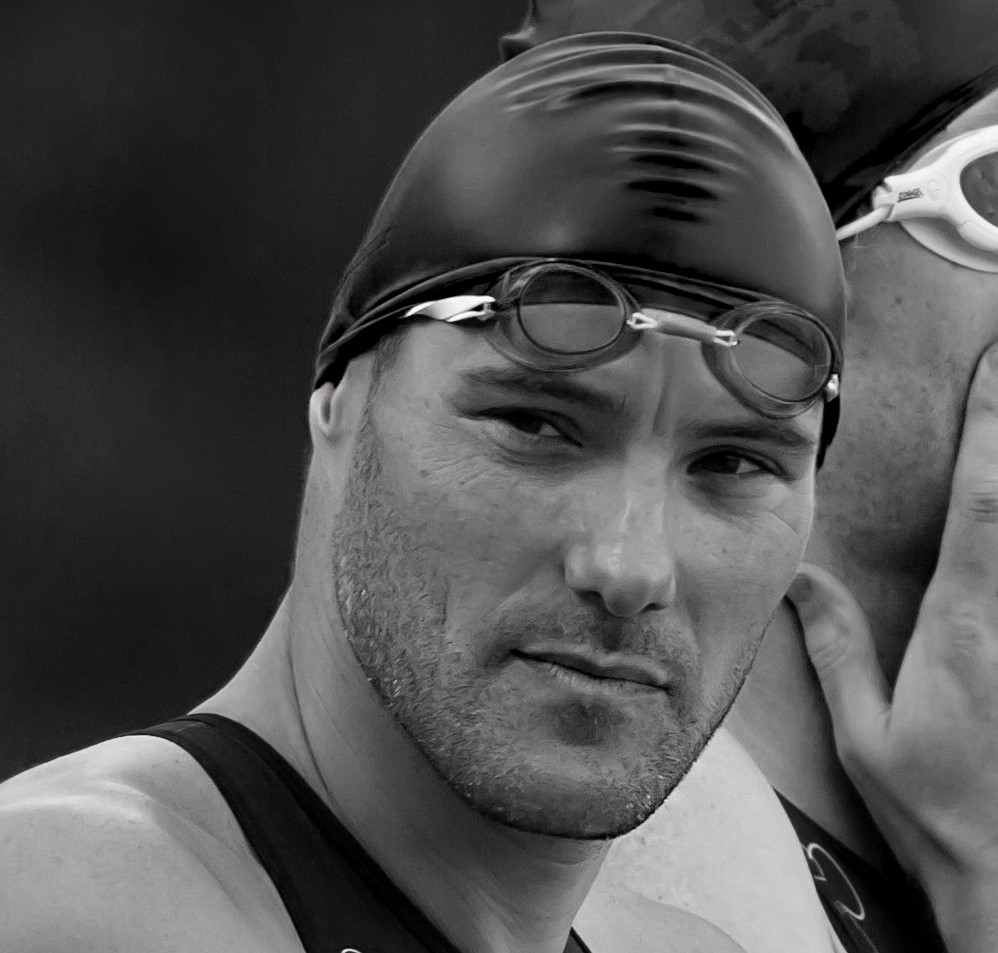
Bas Diederen is a renowned triathlete hailing from the Netherlands. He has made a significant mark in the world of triathlon with 45 starts throughout his career. Among these, he has secured a place on the podium three times and has celebrated victory once. Some of his notable achievements include his performance at the 2019 NED Sprint Triathlon National Championships and the 2013 NED Triathlon National Championships. Representing the Netherlands on various international platforms, Diederen has showcased his dedication and prowess in the sport, making him a prominent figure in the triathlon community.
Ella Grapperhaus
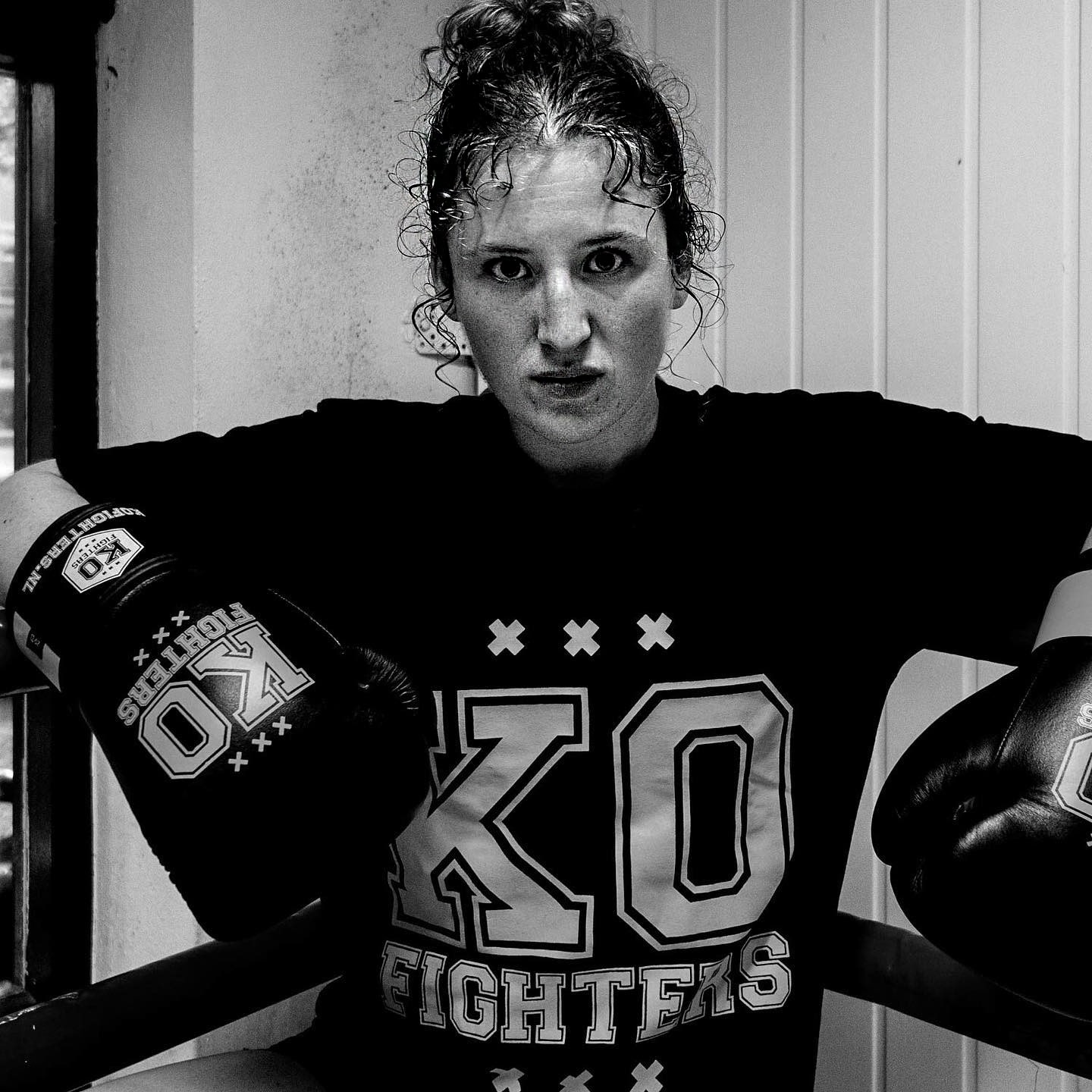
Ella Grapperhaus has achieved notable titles such as the Enfusion World Champion at 54 kilos, European ISKA Champion at 56 kilos, and a two-time Power Women Title holder. Ella's passion for kickboxing was ignited after an unexpected fight in Dubai. Trained at Ettaki Gym under the guidance of Oussama and Hassan Ettaki, she emphasizes the importance of hard work, motivation, and the team dynamic between a fighter and their trainer. Apart from her fighting career, Ella is a weight consultant and advocates for a natural, healthy diet. She envisions a future connected to the sport, possibly through her own gym.
Trusted by elite athletes
Matthijs Büchli
Matthijs Büchli is a Dutch road and track cyclist, who currently rides for UCI Track Team BEAT Cycling. He became world champion in the keirin at the 2018 UCI Track Cycling World Championships. In 2016, Büchli won the silver medal in the men's keirin at the Olympic Games in Rio de Janeiro, despite experiencing a severe knee injury only five months before the Olympic Games. Büchli was also a part of the team that won the gold medal at the 2020 Summer Olympics in the team sprint event.
Bas Diederen
Bas Diederen is a renowned triathlete hailing from the Netherlands. He has made a significant mark in the world of triathlon with 45 starts throughout his career. Among these, he has secured a place on the podium three times and has celebrated victory once. Some of his notable achievements include his performance at the 2019 NED Sprint Triathlon National Championships and the 2013 NED Triathlon National Championships. Representing the Netherlands on various international platforms, Diederen has showcased his dedication and prowess in the sport, making him a prominent figure in the triathlon community.
Ella Grapperhaus
Ella Grapperhaus has achieved notable titles such as the Enfusion World Champion at 54 kilos, European ISKA Champion at 56 kilos, and a two-time Power Women Title holder. Ella's passion for kickboxing was ignited after an unexpected fight in Dubai. Trained at Ettaki Gym under the guidance of Oussama and Hassan Ettaki, she emphasizes the importance of hard work, motivation, and the team dynamic between a fighter and their trainer. Apart from her fighting career, Ella is a weight consultant and advocates for a natural, healthy diet. She envisions a future connected to the sport, possibly through her own gym.



01 Before
Pre-activity drink
01 Before
Pre-activity drink
02 During
Intra-activity drink
02 During
Intra-activity drink
02 During
Intra-activity gel
02 During
Intra-activity gel
03 After
Post-activity drink
03 After
Post-activity drink

